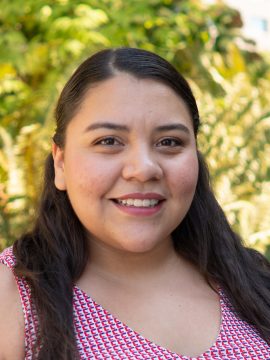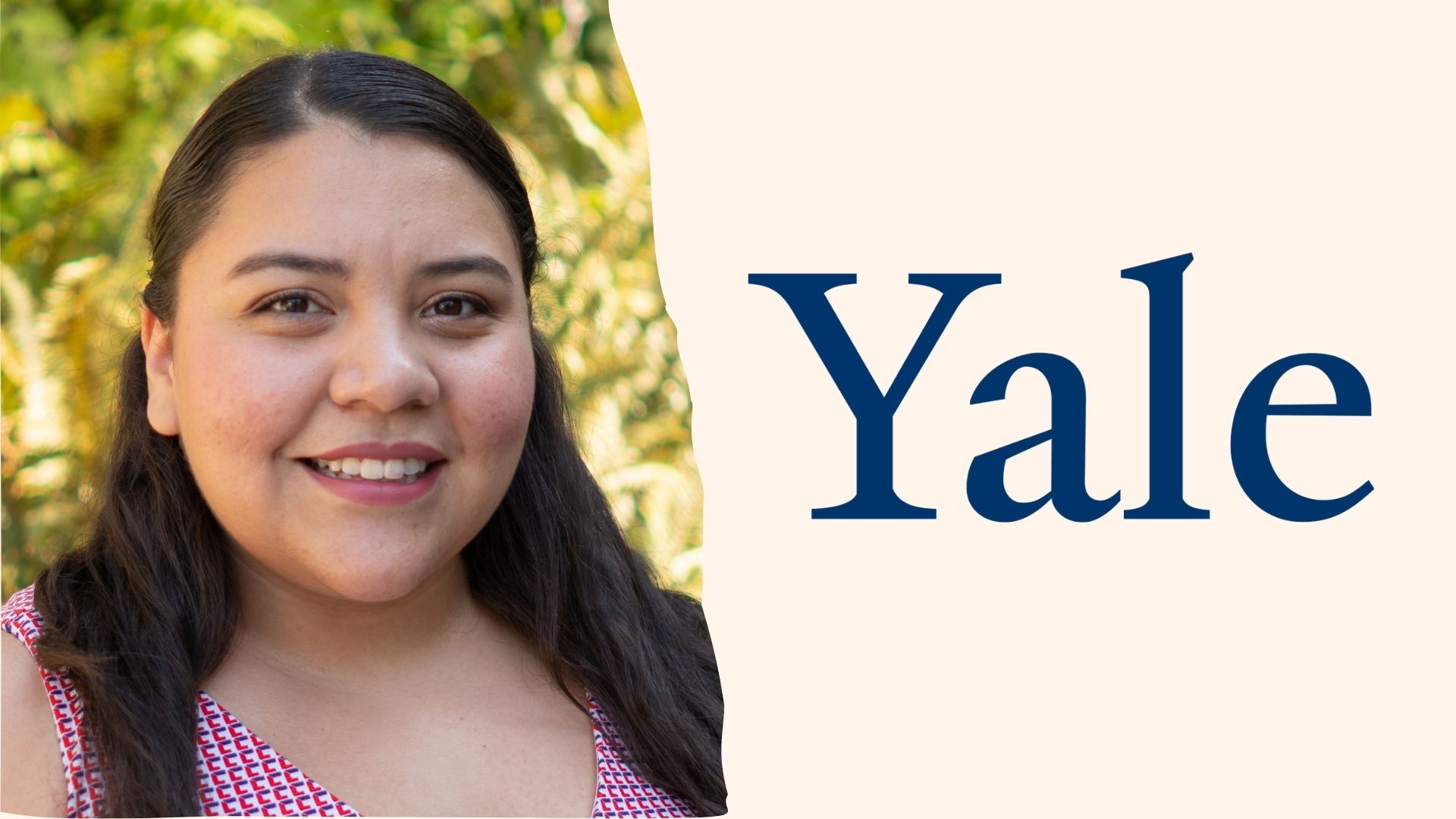María Cervantes-Macías
Research Area
About
Pursuing a PhD degree
Research Area: Political Geography, Digital Geography, Immigration
Supervisor: Merje Kuus, Elvin Wyly
Degrees: BA in International Affairs, Tecnológico de Monterrey (México); MA in Geography, University of British Columbia (Canada)
Entry Date: September 2020
Expected Graduation Date: August 2024
Research Statement: My dissertation explores the complex relationship between highly skilled immigration and the rapid advancements in digital technology and the impact that these factors have on decisions made by highly skilled Mexicans living in Vancouver and Seattle. I focus on the impact of social class and education on highly skilled migration to the United States and Canada. The central questions of this project are: how do changes in immigration policies and digital technology shape the life decisions of these skilled Mexican migrants and how these factors affect their sense of belonging and identity while living in Vancouver and Seattle. Using ethnographic methods, I explore how highly skilled migrants navigate the challenges of establishing themselves in multiple places simultaneously. I define highly skilled migrants based on their education and professional qualifications, and question how factors such as language skills, credentials and existing networks impact their ability to move across borders in the regional context of North America.


